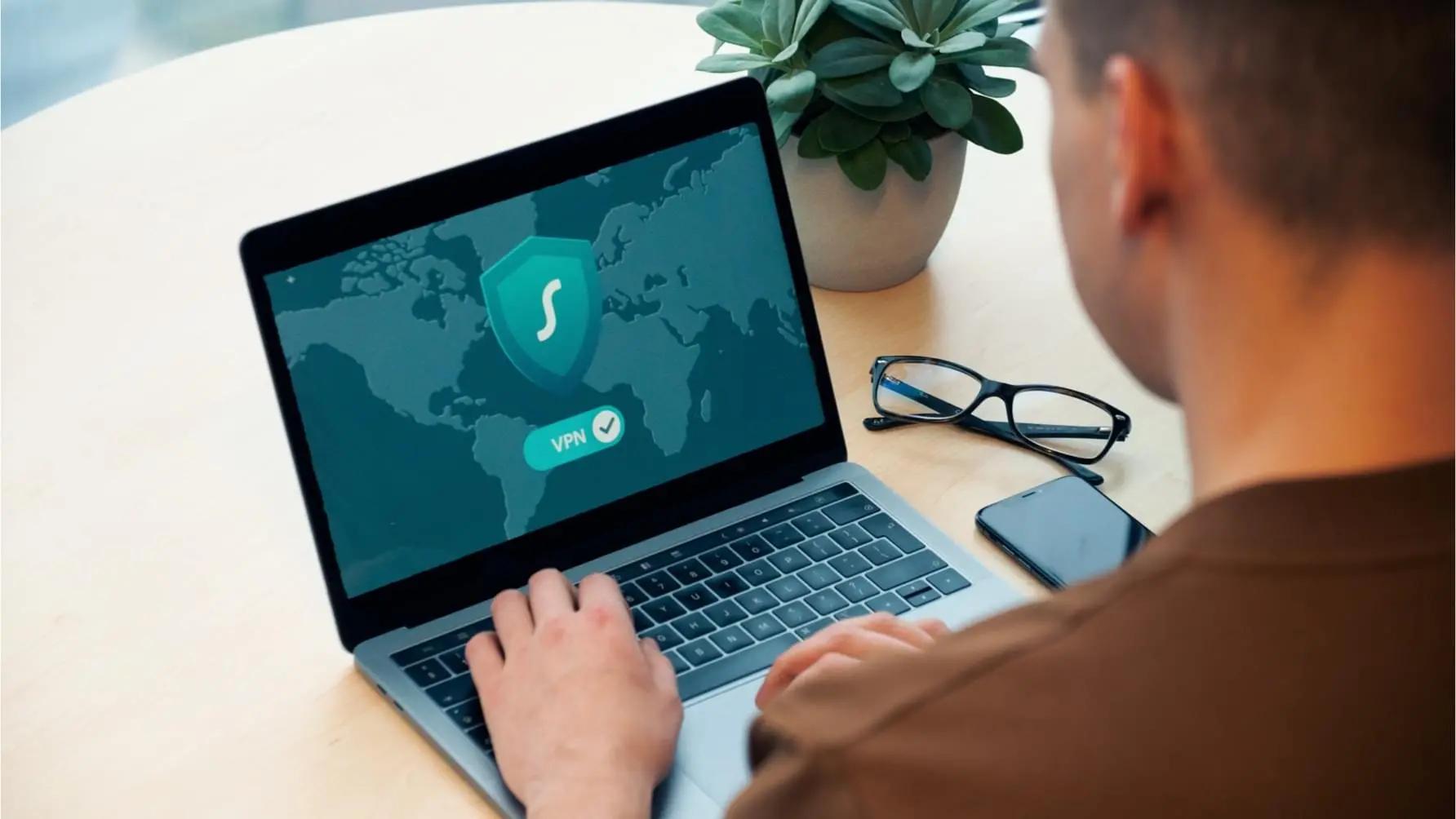What is Web Filtering for Libraries?
Public networks, including libraries, are often targets for malware and phishing attacks. Web filters block malicious sites, reducing the risk of infections, data breaches, and compromised devices on the library's network. Web filtering for libraries is a cybersecurity tool that blocks access to harmful, inappropriate, or malicious websites. It helps protect patrons, especially minors, enjoy safe browsing, maintain network security, and comply with legal requirements like CIPA, creating a secure and welcoming digital environment for all users.
Web Filtering and the Children's Internet Protection Act (CIPA)
Many public libraries receive funding under programs like the Children’s Internet Protection Act (CIPA), which requires content filtering to protect minors online. Web filtering helps meet these standards and maintain eligibility for government support. Similarly, web filtering for libraries is a prerequisite for applying for Library Services and Technology Act (LSTA) grants.
Following the passing of the Children´s Internet Protection Act (CIPA) in 2000, to be eligible to receive an LSTA grant or apply for discounts under the E-rate program, libraries (and schools) must implement “technology protection measures” to ensure minors are prevented from accessing obscene images such as those of a pornographic nature, images of child abuse, or pictures that could otherwise cause harm.
Libraries must also adopt an Internet safety policy to ensure minors are kept safe and secure online, specifically when using email and other forms of electronic communication including chat rooms. Policies must also cover unlawful activities such as hacking, illegal file-sharing, and the disclosure or dissemination of minors’ personal information.
Web filtering for libraries is not mandatory if libraries choose not to apply for federal grants and discounts. However, twenty-four states have now introduced legislation that requires libraries to implement some form of Internet control to prevent minors from accessing inappropriate material.
Did You Know?
businesses experienced a DNS attack
malware & spyware domains categorised a day
predefined categories by default
of websites tested by Google for malware were infected
The Importance of WiFi Filtering for Libraries
WiFi filtering for libraries is essential to ensure that all users regardless of the device they use have a safe and appropriate online experience. While public libraries promote open access to information, they also have a responsibility to protect patrons, especially minors, from harmful or inappropriate content. WiFi filtering extends the same safeguards applied to library computers to personal devices connected to the library’s network. It helps block access to malicious websites, reduces security risks, and supports compliance with legal requirements like the Children’s Internet Protection Act (CIPA). This creates a safer, more secure digital environment for everyone using the library’s WiFi.
Potential Challenges with Web Filtering for Libraries
Overblocking Legitimate Content
One of the biggest challenges with web filtering in libraries is the risk of overblocking, where legitimate, educational, or research-related websites are mistakenly restricted. Some filtering solutions may use overly broad categories or keyword-based rules that can block access to valuable content on topics if they include sensitive terms.
This can hinder intellectual freedom and limit patrons’ access to the full range of information they seek. Libraries face the challenge of balancing user protection with the freedom to access information, often requiring manual adjustments or a shift to more accurate and sophisticated web filtering solutions.
Privacy and Censorship Concerns
Web filtering can raise serious concerns around user privacy. Monitoring or restricting what users can access online may lead to fears of surveillance or judgment, discouraging individuals from exploring certain topics, especially those related to personal identity, health, or controversial issues. This is particularly problematic in a library setting, where privacy and freedom of inquiry are core values. Libraries must be transparent about what is filtered and why, and ensure that filtering policies are clear, fair, and aligned with their mission to provide unbiased access to information. Maintaining trust while applying necessary safeguards is a delicate balance.
Technical and Maintenance Burden
Implementing and maintaining a web filtering system can present significant technical challenges for libraries, particularly those with limited IT resources or budgets. Sometimes web filters must be updated to stay effective against new threats and relevant to evolving content. Additionally, staff may need to manage false positives, configure user exceptions, or troubleshoot connectivity issues caused by filtering rules. To reduce the technical burden, libraries should consider a web filtering solution that auto-updates, minimizes administrative effort, and includes comprehensive vendor support.
Libraries must also adopt an Internet safety policy to ensure minors are kept safe and secure online, specifically when using email and other forms of electronic communication including chat rooms.
A Web Filter for Libraries of all Sizes
WebTitan Cloud is a 100% cloud-based web filtering solution ideal for use in libraries of all sizes.
WebTitan Cloud has excellent scalability with no limit placed on the number of users or WiFi access points that can be protected. There is also no need for any additional hardware to be purchased, and software installations are not required. Installation is therefore a quick and easy process. After signing up for the service, libraries can start filtering the Internet in minutes.
WebTitan offers libraries an exceptional level of control over the content that can be accessed via their wired and wireless networks. It is possible to filter by category or keyword and block specific webpages or entire websites. Highly granular controls ensure that pornographic images can be blocked for CIPA compliance without limiting access to educational sexual content. The solution can be administered from a web-based control panel, accessed from a laptop, computer, or tablet from any location. Applying acceptable usage policies is also a straightforward task that requires no IT skills. Web and WiFi filtering for libraries could not be any easier.
Register for a Demo of WebTitan Cloud
WebTitan gives library administrators the tools to manage their networks and protect patrons online confidently. Our DNS filtering solution blocks access to pornographic, obscene, and malicious content, helping libraries meet CIPA compliance requirements while creating a safer, more secure browsing experience for all users.
Navigating federal regulations like the Children’s Internet Protection Act (CIPA) can be challenging, but W makes it simple. With powerful, easy-to-manage web filtering, you can ensure your library’s network stays secure, compliant, and family-friendly.
Request a free demo today and speak with one of our experts to see how WebTitan can help.

Susan Morrow
- DNS FILTERING
- WEB FILTERING
- CONTENT FILTERING
Talk to our Team today

